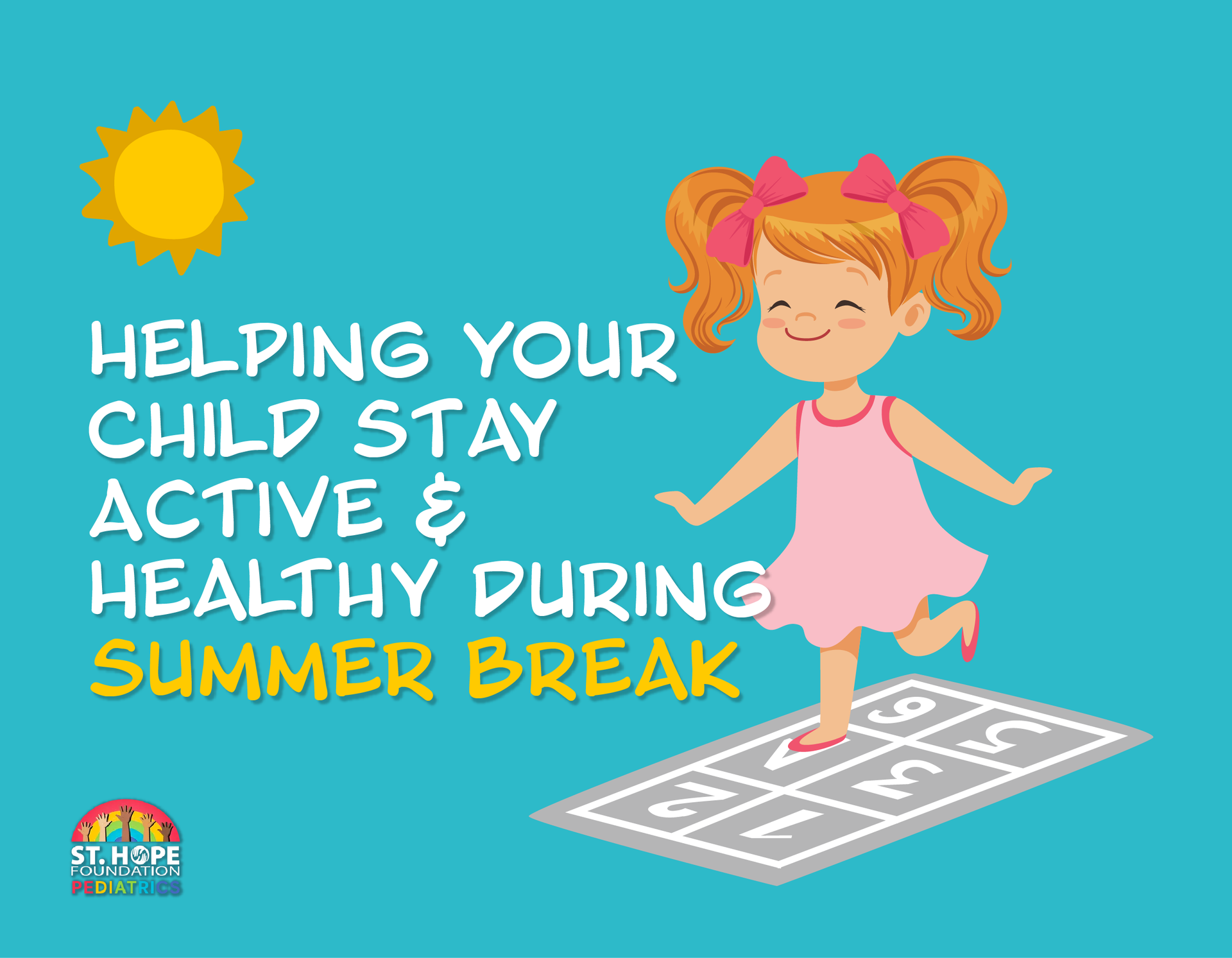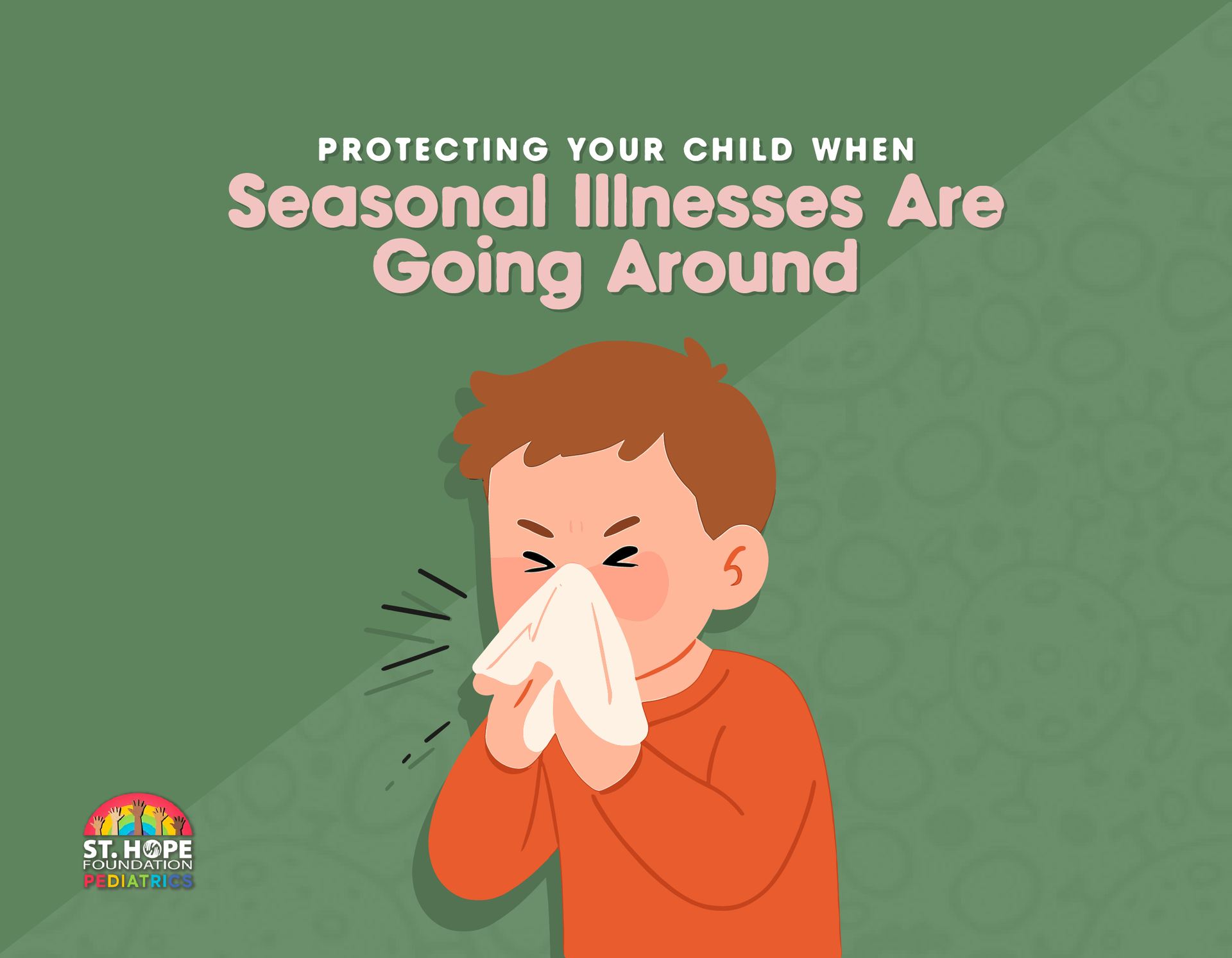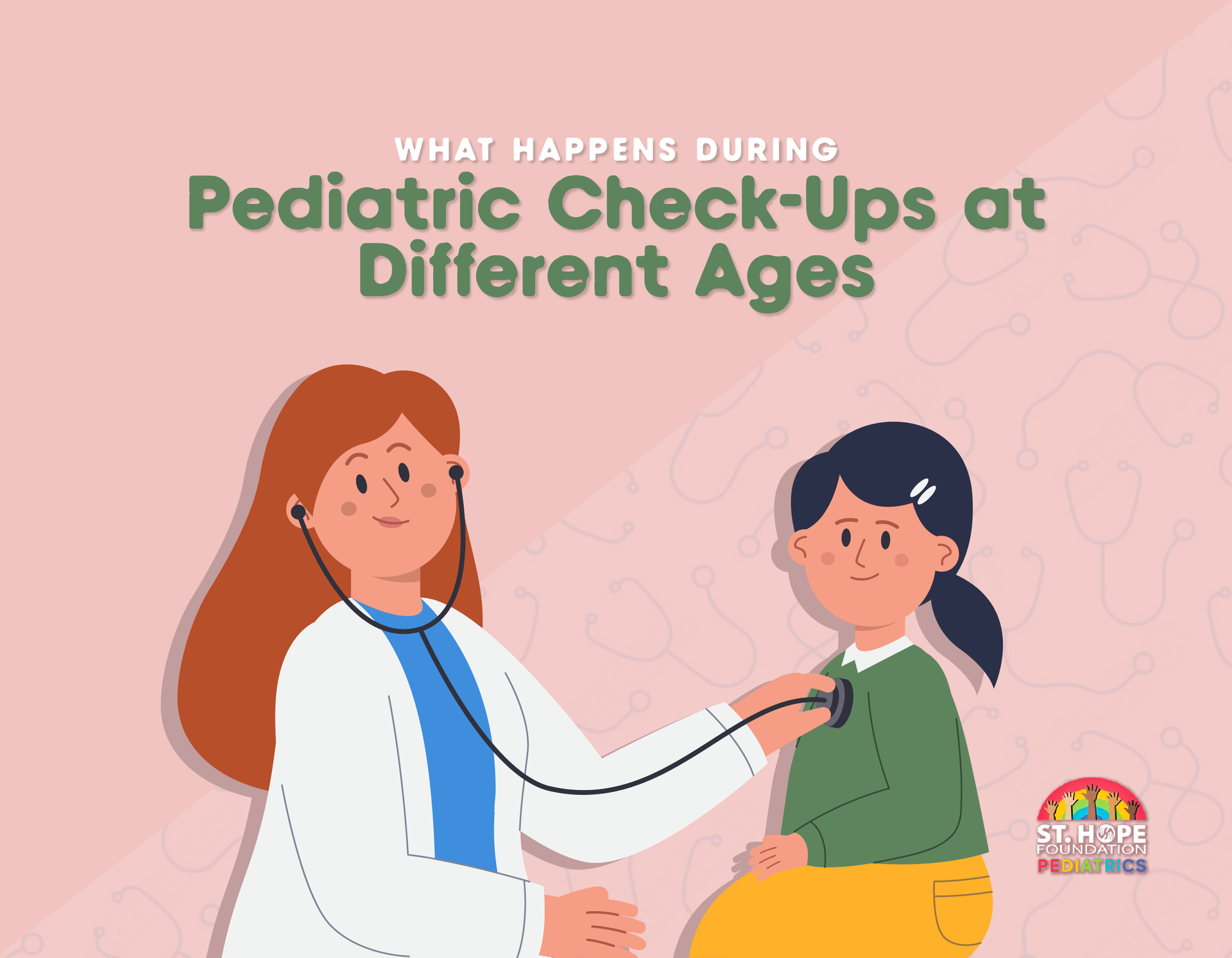
Summer break is a time kids look forward to all year, : freedom from school routines, more time to play, and long days of sunshine and fun. But as schedules loosen up, many children fall into habits that can negatively affect their health. Too much screen time, inconsistent sleep and less physical activity can quickly become the norm.
The good news is, with just a little structure and creativity, summer can be the perfect opportunity to help your child build healthy habits that last well beyond the season.
Why Summer Wellness Matters
When school is out, kids often have fewer opportunities for structured movement and balanced meals. Studies show that children are more likely to gain unhealthy weight and lose physical conditioning during long school breaks if they’re not active and engaged.
But this isn’t about putting your child on a strict regimen. It’s about creating an environment where fun and wellness go hand-in-hand, where movement, nutrition and rest all support your child’s physical and emotional development.
Easy and Affordable Ways to Keep Kids Active in Houston
1. Make it fun, not forced.
Instead of treating exercise like a chore, turn it into play. Water balloon fights, tag, hula hoop contests or dancing to music in the living room all count. The key is to get your child moving and smiling.
2. Explore nature together.
Summer is the perfect time to explore local parks, hiking trails or greenways. Walking, biking or even just collecting rocks and leaves outdoors can build a love for physical movement while offering a mental break from screens.
3. Set a “movement hour.”
Designate a time every day for some kind of active play, even if it’s just 30–60 minutes. Kids thrive with routines and having a dedicated time to move helps them know what to expect.
4. Use community resources.
Check out free or low-cost programs at your local recreation center, library or YMCA. Many offer fitness classes, swimming or sports leagues during the summer months.
Fueling Their Summer With Healthy Food
Nutrition is just as important as activity. With more meals and snacks happening at home (and more temptations from convenience foods), summer is a great time to build better eating habits.
1. Create a flexible mealtime schedule.
Keep some structure to your child’s day by planning regular meal and snack times. This prevents constant grazing and helps kids learn their body’s hunger cues.
2. Keep healthy snacks visible and accessible.
Wash and cut fruits and veggies and place them at eye level in the fridge. Swap chips for popcorn, yogurt or nut butter with whole grain crackers.
3. Let them help in the kitchen.
Involving kids in cooking helps them take ownership of their health. Whether it’s making fruit kabobs or building their own sandwiches, they’re more likely to try what they’ve helped prepare.
4. Stay hydrated.
With rising temperatures and more time outside, hydration is essential. Encourage your child to drink water throughout the day, and limit sugary drinks like soda and juice.
Guarding Against the Screen-Time Spiral
It’s tempting for kids to spend hours in front of a screen during summer, especially when they’re bored. But excessive screen time is linked to poor sleep, behavioral changes and reduced physical activity.
1. Set reasonable limits.
You don’t have to ban screens, but aim to keep recreational screen time to two hours a day or less. Set clear boundaries and offer alternatives.
2. Encourage “screen swaps.”
For every hour of screen time, have your child do something creative or active, like reading, building with blocks, drawing or playing outside.
3. Keep screens out of bedrooms.
This helps protect sleep quality and reduces the temptation to scroll late at night.
Rest and Recharge: The Sleep Connection
A healthy summer also depends on rest. With no early wake-up calls for school, it’s easy for bedtimes to drift later and later, but that doesn’t mean sleep is less important.
1. Stick to a loose routine.
Try to keep your child’s sleep and wake times within 1–2 hours of their school-year schedule. This supports better mood, focus, and energy during the day. It also makes returning to their school-year schedule much easier.
2. Create a calming wind-down routine.
Reading a book, taking a bath or listening to soft music before bed helps signal that it’s time to rest.
3. Limit screens before bed.
Blue light can interfere with melatonin production and delay sleep. Turn off devices at least 30–60 minutes before bedtime.
Make It a Family Effort
Children are more likely to adopt healthy habits when they see their parents modeling them. Whether it’s going for a family walk, cooking dinner together or doing a yoga video in the living room, involving the whole household makes wellness feel like a team effort, not a solo struggle.
And remember: it’s okay to be flexible. Not every day will be perfectly balanced, and that’s okay. The goal is to stay intentional and supportive while creating a positive, active environment your child can grow in.
Supporting Your Child’s Health, Every Step of the Way
At St. Hope Healthcare Pediatrics in Sugar Land and Greenspoint, we’re here to support families all year long. Whether you need guidance on nutrition, physical activity or developmental health, our compassionate team is here to help your child thrive.
Request more information through our website or call St. Hope Healthcare Pediatrics today at (713) 778-1300 to schedule a well child visit, and make this summer your child’s healthiest yet.













